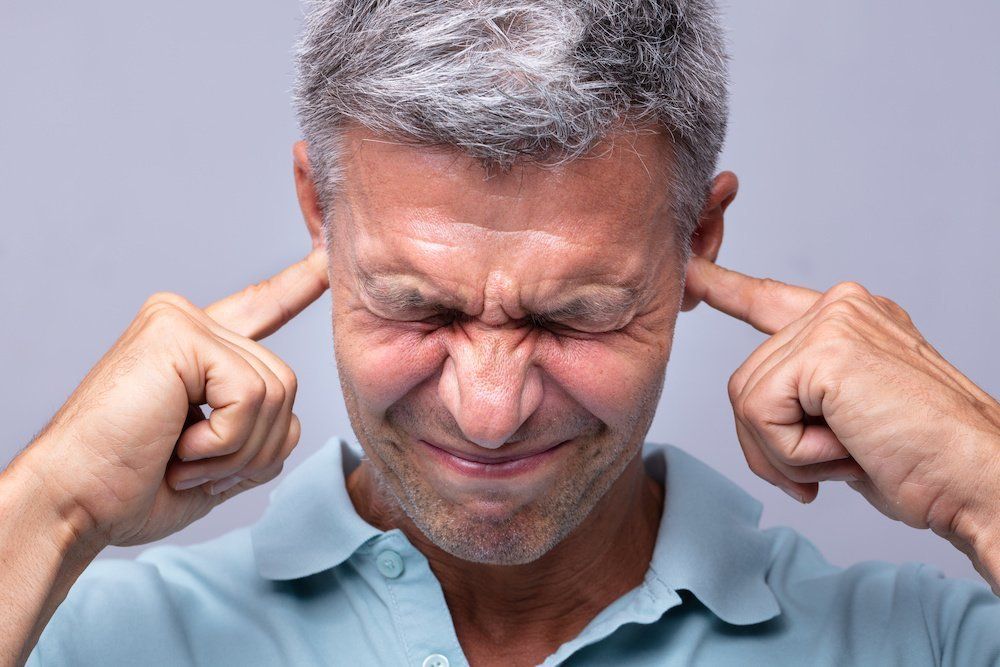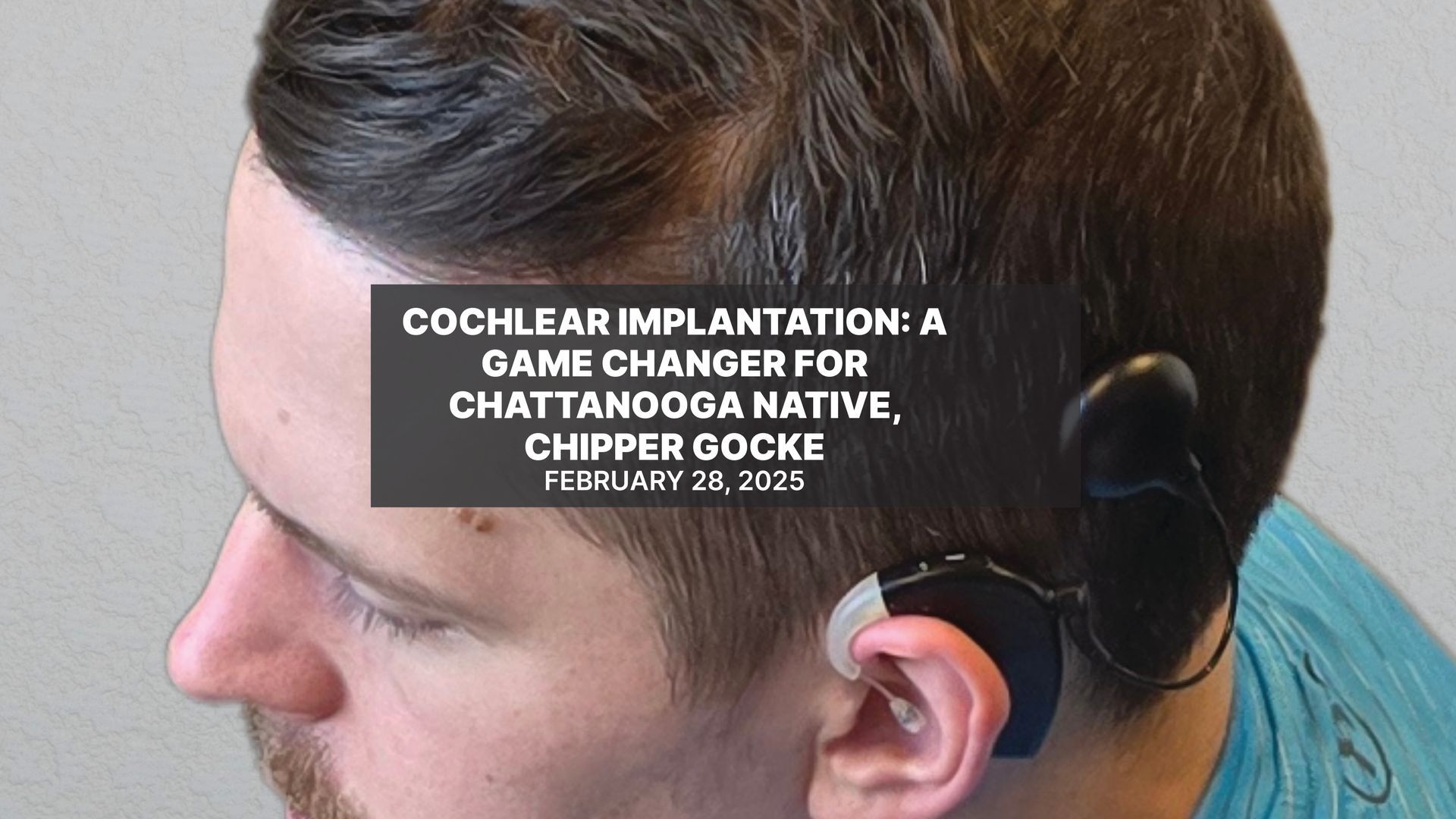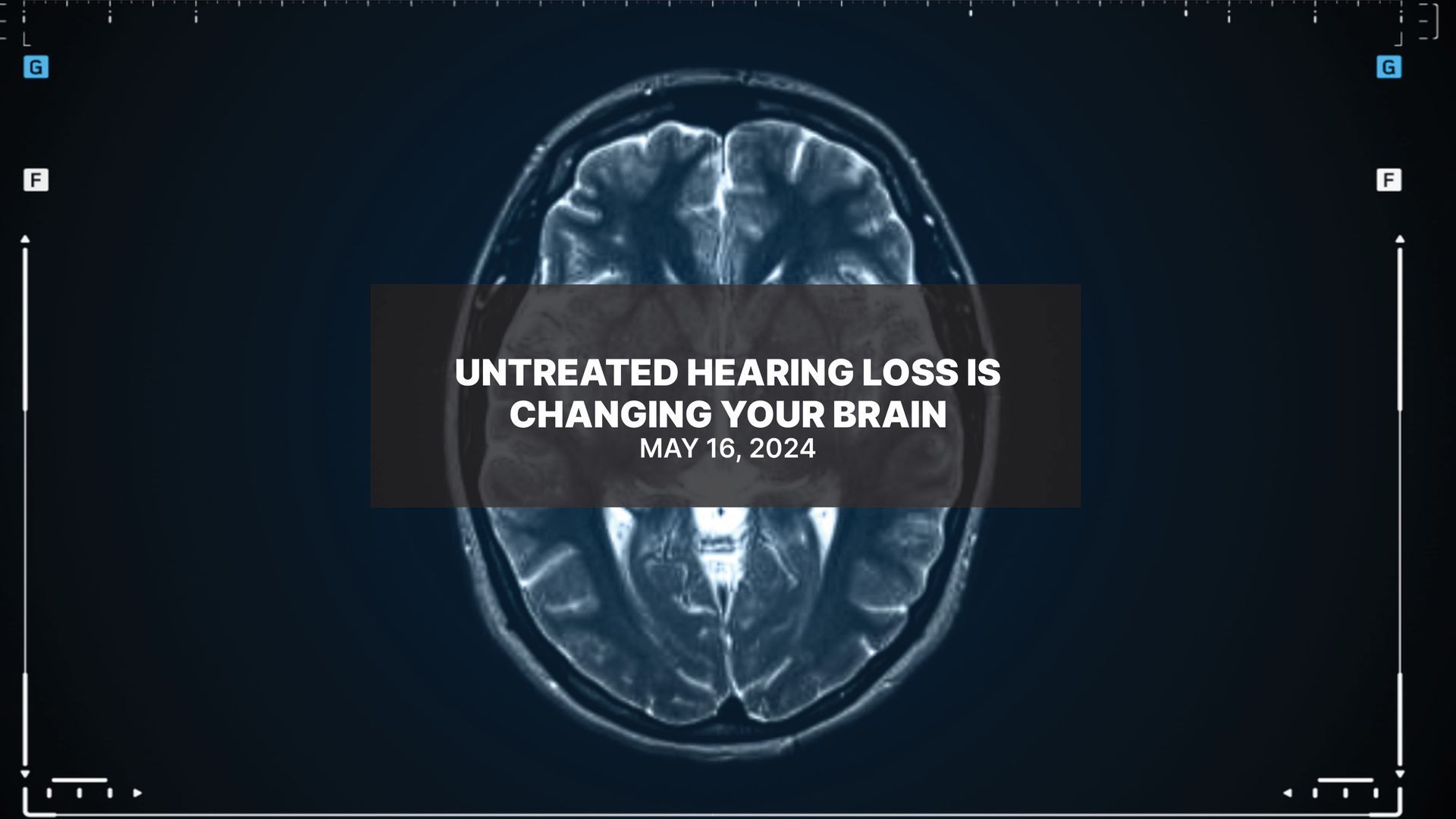Do You Hear that Ringing?

Is the ringing, buzzing, chirping or humming in your ears, also known as TINNITUS (pronounced TINN-a-tus or ti-NIGHT-us), driving you to distraction? Be assured, you are not alone. An estimated 50 million Americans experience some form of tinnitus, making it one of the most common health conditions.
Megan Johnson, Au.D. and owner of Johnson Audiology, a Chattanooga-based private audiology practice, said, “Tinnitus is experienced by people in different ways. For some, tinnitus manifests itself as a ringing sound, while others experience tinnitus as a hissing, buzzing, roaring, clicking or humming. I’ve even had patients report that their tinnitus sounds like music playing directly in their ears.”
Many with tinnitus are surprised to learn that the sound they are hearing is not actually originating from the outside environment and, therefore, is not audible to anyone around them.* In a manner of speaking, tinnitus is “all in your head.” Please understand, however, that is not meant to imply that a person’s tinnitus is not “real.” It is, indeed, a very real sensation being experienced by the person with tinnitus. But why does the brain create this sound?
In 90% of cases, tinnitus is accompanied by some degree of hearing loss, even if the hearing loss is so mild as to not create significant communication difficulties. Hearing loss can happen for various reasons, but most common is exposure to various types and degrees of loud noise, even if the sounds are not constant or frequent. Think of the last time you mowed the grass or used the vacuum cleaner without wearing earplugs. Have you attended a sporting event surrounded by screaming fans? Have you been to a rock concert? Have you fired a gun? Do you work in a factory or other loud environment? Over the course of a lifetime, extended or repeated exposure to sounds at or above 85 decibels (approximately the level of a vacuum cleaner) can cause permanent damage to a person’s hearing. The damage can be in the high-frequency range of hearing, the low frequencies and/or anywhere in between. The pitch of a person’s tinnitus usually tends to be in the same frequency where there is the most hearing loss. If, for instance, a person has a high-frequency hearing loss, it is likely the person experiences their tinnitus as a sharp, high-pitched sound. That is because as the brain “searches” for sounds in that frequency and comes up empty-handed because of the hearing loss, the brain fills in the void with the ringing, buzzing, or clicking sounds. Noteworthy is that a single exposure to a sudden extremely loud noise also can cause tinnitus.
While hearing loss is thought to be the reason that most experience tinnitus, other catalysts also exist. These include sinus congestion; barometric trauma; obstructions in the ear canal; temporomandibular joint disorder, or TMJ; head or neck trauma; traumatic brain injury; some prescription and over-the-counter medications; metabolic disorders like hyperthyroidism; autoimmune disorders, such as fibromyalgia; high blood pressure; and psychiatric disorders like anxiety and depression. Tinnitus is more common in men, Caucasians, seniors, and those with significant noise exposure, such as veterans, factory workers, musicians, and hunters.
While millions have tinnitus, no two patients experience tinnitus in exactly the same way. For instance, one person’s tinnitus might come and go; for another, it might be constant. Some patients hear the ringing in one ear; some in both. The severity of a person’s tinnitus also can vary from mild to extreme. Some have a basic awareness of the ringing, but it does not affect daily life and function. However, for others, it can be debilitating. It is not uncommon for someone with severe tinnitus to experience distress, depression, anxiety, sleep disturbances, frustration, and poor concentration. For a longtime hearing aid wearer, Kimberly Haney, her tinnitus was “extremely bothersome.” She went on to describe her tinnitus: “Imagine a hot summer evening at the lake with a raucous chorus of cicadas and katydids and tree frogs calling their little hearts out. Now imagine all that noise contained between your two ears and playing on an endless loop 24/7. That describes my tinnitus. It was difficult to cope.”
So what can a person suffering from tinnitus do? Granted, since tinnitus is not a disease, but rather a symptom of an underlying condition, there is not a “cure” per se. However, these days, many options are available for managing tinnitus and thus quietening the ringing so that a sufferer can lead a more comfortable, productive life.
The first step in addressing tinnitus management is to make an appointment with a trained doctor of audiology, who will have the diagnostic tools, clinical assessments, and skills to appropriately evaluate tinnitus. As tinnitus is often a result of hearing loss, most audiologists will begin with a comprehensive audiological test to determine if a person has hearing loss and what the specific gaps in hearing are. Most important, the audiologist should subjectively evaluate the effects the tinnitus has on the person’s mental, cognitive, social, and physical well-being. All these factors will be taken into consideration when the audiologist makes treatment recommendations. Johnson said, “When Kimberly came to me for her first hearing diagnostic years ago, it was more because she thought she had hearing loss rather than with the goal of addressing her tinnitus. The tinnitus seemed an afterthought because she had been told by her doctor that nothing could be done. I assured her something could be done, and we developed a management plan that addressed her hearing loss and by extension her tinnitus.”
If the audiologist determines that hearing loss is the underlying cause of the tinnitus, hearing aids may be recommended. As the hearing aids amplify sound in the ranges where the person has hearing loss, the brain receives the sounds and no longer needs to fill in the missing frequencies with the ringing or buzzing. As a result, a person’s tinnitus often fades to a level that is no longer noticeable and/or bothersome. Bear in mind, that a person even with mild hearing loss can experience tinnitus so just because a person does not perceive they have hearing loss, the diagnostic evaluation will reveal the real story, and the audiologist may recommend hearing aids as a targeted method for reducing tinnitus. Haney said, “Hearing aids changed my life. Once I was fit with aids, and I was hearing so much better, the tinnitus quietened down to where it was a background sound in my life rather than front and center.”
Every tinnitus patient is unique in their experiences of this condition and its effect on daily living. Therefore, the recommended treatment options may vary based on how the person’s tinnitus presents itself, as well as the person’s listening needs, triggers, and lifestyle. Some management strategies may include multiple treatment options to adequately address a person’s needs. In addition to hearing aids, treatment options may include tinnitus maskers, sound generators, sound therapy, cognitive behavioral therapy, and general wellness recommendations in regards to diet, physical and social activity, and stress management.
When you make the decision to visit a hearing care provider about your tinnitus, be sure that he or she is performing a tinnitus-specific evaluation and is using subjective questionnaires to evaluate your reaction to your tinnitus. For instance, a hearing instrument specialist (HIS) at a hearing aid dispensary and even a primary care physician may not be equipped to offer the level of assessment that a doctor of audiology can provide. Oftentimes, patients will mention ringing in their ears to their primary care physician, who will refer them on to Johnson Audiology. On the other hand, audiologists have specialized training in tinnitus management. Johnson said, “Tinnitus is of special interest to me because I have seen how it can negatively affect people’s lives. I’ve also seen how much it can improve a person’s life when their tinnitus is successfully managed. That’s why we put an emphasis on tinnitus management at Johnson Audiology.” According to the American Tinnitus Association (ATA), tinnitus typically begins as an audiological, or hearing, condition. For this reason, it is best to consult providers with clinical specialties in hearing health. At Johnson Audiology, the doctors of audiology are trained to perform full-scale tinnitus assessments to create the most appropriate treatment plan tailored to a person’s individual needs.
Have you had enough of just “living with” your tinnitus? Were you told in the past, or even recently, by a medical professional that nothing can be done? Call Johnson Audiology to schedule a tinnitus evaluation today and be assessed by one of our audiologists who have specialized training in treating patients with tinnitus.
*In rare cases, a person can experience objective tinnitus that is audible to others.


*This link leads to the machine-readable files that are made available in response to the federal Transparency in Coverage Rule and includes negotiated service rates and out-of-network allowed amounts between health plans and healthcare providers. The machine readable files are formatted to allow researchers, regulators, and application developers to more easily access and analyze data.
All Rights Reserved | Johnson Audiology | Powered by Flypaper | Privacy Policy


